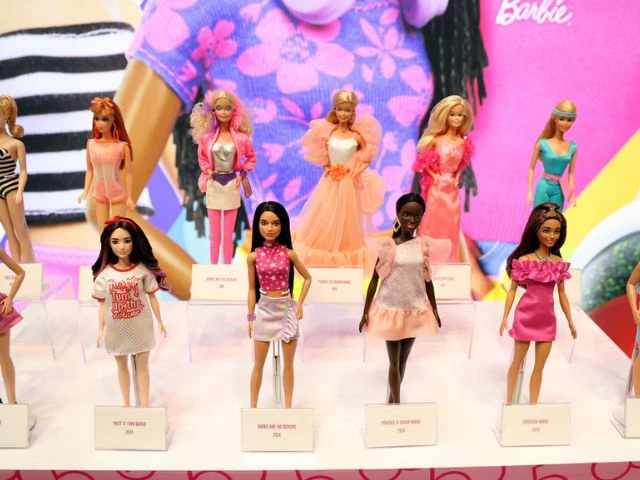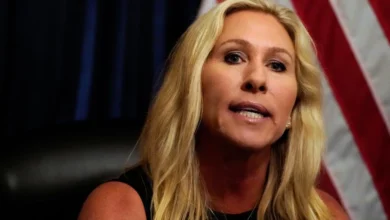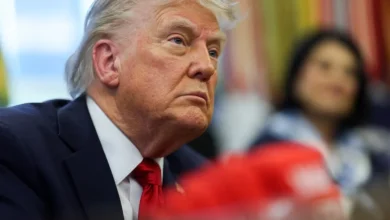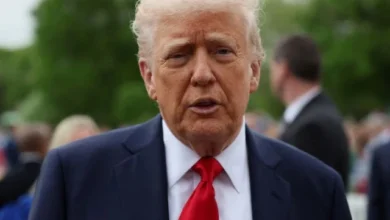US President Donald Trump has doubled down on his controversial comments about American children’s toys, arguing that 11-year-old girls don’t need an excess of dolls.
In a new interview, Trump defended his sweeping tariffs, which he claims are essential for reducing the trade deficit with China, despite growing concerns about their economic impact.
In the NBC interview on May 4, 2025, Trump revisited a statement he made earlier in the week that American children could manage with fewer dolls.
“I don’t think a beautiful baby girl needs – that’s 11 years old – to have 30 dolls,” Trump said, emphasising that three or four would be sufficient. He also extended this rationale to other possessions, saying children don’t need “250 pencils” either, suggesting that “five pencils” would do.
Trump linked these remarks to his larger agenda of addressing the trade imbalance with China, claiming that the US had long been disadvantaged in trade negotiations.
“What we were doing with China was just unbelievable. We had a trade deficit of hundreds of billions of dollars,” Trump remarked during the interview.
Despite the president’s defiant stance, his comments have sparked criticism, particularly regarding their potential economic consequences.
Critics argue that the tariffs could drive up the cost of consumer goods, including toys.
This impact is already being felt by toymaker Mattel, the maker of Barbie dolls, which has warned that Trump’s tariffs will lead to higher prices in the US market.
Mattel, which imports a significant portion of its products from China, including Barbie dolls, has announced it will raise prices on some toys due to the increased costs of imported goods.
The toy giant which imports significant portion of its toys from China, including Barbie dolls and Hot Wheels cars, is planning to cut the amount of its Chinese-made goods sold in the US market, from 20% to below 15% by next year.
The company, which generates half of its sales in the US, is working to reduce its reliance on China by shifting production to other countries such as India and Thailand.
However, it acknowledged that the evolving tariff landscape could make it difficult to predict consumer spending and holiday sales.
Ford, another major US company, has also been affected by Trump’s tariffs.
The automaker expects tariffs to cost it approximately $1.5 billion in 2025, primarily due to the increased costs of imports from Mexico and Canada.
As Trump continues to defend his tariff policies, the economic toll on American consumers and businesses grows clearer.
Mattel’s CEO, Ynon Kreiz, has expressed concern about the disruption caused by tariffs, noting that companies like Mattel have had to adjust their supply chains to mitigate costs.
The ongoing trade war between the US and China, which has led to tariffs exceeding 100% on many goods, is creating uncertainty in industries across the board.
While Trump remains confident in the long-term benefits of his trade policies, businesses and consumers alike are bracing for higher costs and fewer products on store shelves.







